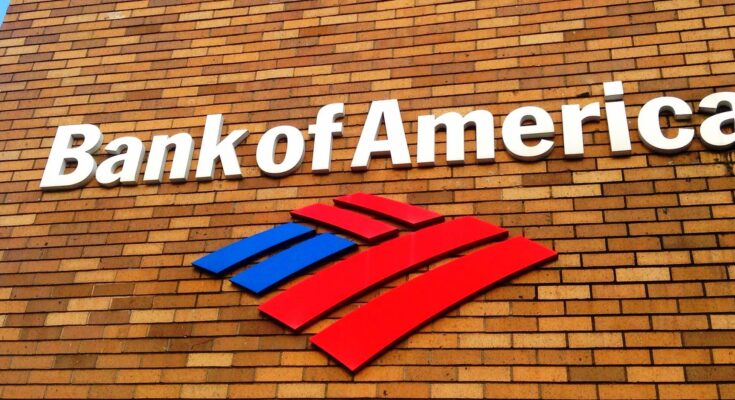Brian Moynihan, the CEO of Bank of America, has said the financial institution no longer sees recession as inevitable. Moynihan credits the Biden administration and Federal Reserve for avoiding financial disaster.
In an interview with CBS, the Bank of America CEO told the nation that, although the economy is slowing down in certain ways, spending by consumers is more or less in line with pre-pandemic levels.
Bank of America on consumer spending rates
The Bank of America CEO says consumers are “feeling the pressure of high interest rates” to an extent. Nevertheless, he says there are no longer evident signs of a recession in the country in the near future.
Bank of America research has also predicted two Federal Reserve interest rate cuts for 2024. The estimates run by the financial institution concluded the cuts will happen in September and December.
On these predictions, Moynihan said that, in relation to the previous year, “The consumer has slowed down. They have money in their accounts, but [it’s] depleting a little bit.”
He added that, despite consumers being employed and having money in their bank accounts, the Federal Reserve has to “be careful” so that the economy does not stagnate too much.
Other financial institutions claimed a recession is coming
Despite Bank of America’s research and analysis, other financial institutions have warned of a recession.
JPMorgan Chase raised the odds of a recession by the end of 2024 from 25 to 35 percent. The rise of the “doomsday clock” comes after the widely reported unsatisfactory job reports for July, lack of Federal Reserve cuts, and slowing inflation.
Despite claims by JPMorgan Chase, a Bank of America research team remains confident that a recession will be avoided given other positive signs.
The second largest US financial institution by assets credited Hurricane Beryl as a significant factor in job stagnation in the US.
According to the United States job report for July, almost 430,000 people were unable to work due to weather conditions. This is especially significant given that the historic July average for unemployment from 2000 to 2019 is just 33,000 people.
To further contextualize the deep effects of Hurricane Beryl on the US economy, it was reported that three million Texas households and businesses lost power when the hurricane made landfall.
Such disruption can prevent employees from showing up for work, increasing temporary layoffs. This is why Bank of America’s research team is skeptical about a 2024 recession.



